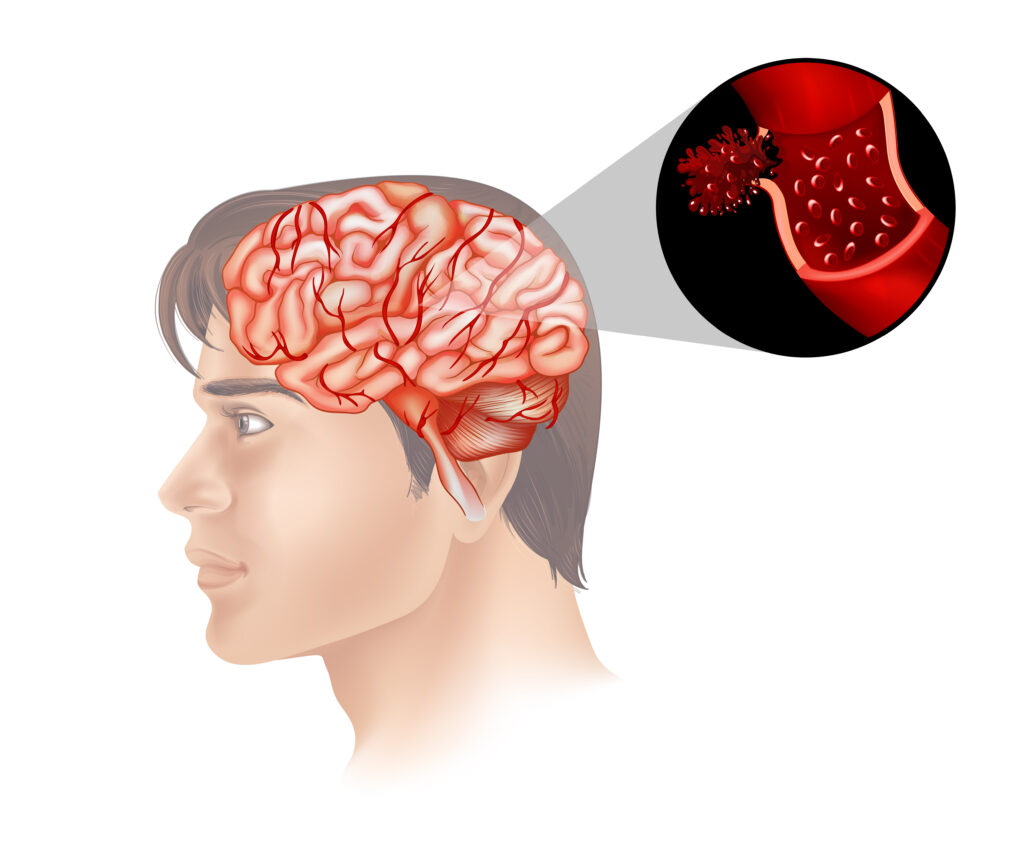Understanding Brain Cancer: A Comprehensive Guide
Introduction Brain cancer, also known as brain tumor, is a complex and potentially life-threatening condition characterized by the abnormal growth of cells within the brain or the surrounding tissues. In this guide, we will delve into the various aspects of brain cancer, including its types, symptoms, causes, risk factors, diagnosis, treatment options, and preventive measures.
What is Brain Cancer? Brain cancer refers to the abnormal growth of cells within the brain or the surrounding tissues. These tumors can be benign (non-cancerous) or malignant (cancerous), and they can originate from different types of cells in the brain, including glial cells, neurons, and meninges.
Types of Brain Cancer Brain tumors can be classified into various types based on their location, cell origin, and behavior. Common types include:
- Gliomas: Arising from glial cells, gliomas include astrocytomas, oligodendrogliomas, and glioblastomas.
- Meningiomas: Developing from the meninges, meningiomas are usually benign tumors.
- Medulloblastomas: Typically occurring in the cerebellum, medulloblastomas are fast-growing tumors common in children.
- Pituitary Tumors: Arising from the pituitary gland, these tumors can cause hormonal imbalances.
- Schwannomas: Originating from Schwann cells, schwannomas often affect the nerves of the brain and spine.
Symptoms of Brain Cancer Symptoms of brain cancer can vary depending on the size, location, and growth rate of the tumor. Common symptoms may include:
- Headaches: Persistent and severe headaches that worsen over time.
- Seizures: Sudden and uncontrolled movements or changes in consciousness.
- Changes in Vision or Hearing: Blurred vision, double vision, or hearing loss.
- Cognitive Impairment: Memory problems, difficulty concentrating, or changes in personality.
- Weakness or Paralysis: Weakness in one side of the body or difficulty moving limbs.
- Nausea and Vomiting: Persistent nausea and vomiting, especially in the morning.
Causes of Brain Cancer The exact cause of brain cancer is often unknown, but certain factors may increase the risk, including:
- Genetic Predisposition: Family history of brain tumors or genetic syndromes such as neurofibromatosis and Li-Fraumeni syndrome.
- Exposure to Ionizing Radiation: Previous radiation therapy to the head for other conditions.
- Immunosuppression: Weakened immune system due to conditions such as HIV/AIDS or immunosuppressive medications.
- Environmental Factors: Exposure to certain chemicals or toxins may increase the risk of developing brain cancer.
- Age: Risk of brain cancer increases with age, with most cases diagnosed in older adults.
Risk Factors for Brain Cancer Several factors may increase the risk of developing brain cancer, such as:
- Family History: Having a close relative with a history of brain cancer.
- Previous Radiation Therapy: Treatment for other conditions involving radiation to the head or neck.
- Genetic Syndromes: Inherited genetic mutations associated with increased risk of brain tumors.
Diagnosis of Brain Cancer Diagnosing brain cancer typically involves a combination of imaging tests, such as MRI or CT scans, and biopsy to examine tissue samples for cancer cells. Other diagnostic tests may include neurological exams, blood tests, and lumbar puncture to analyze cerebrospinal fluid.
Pharmacokinetics and Pharmacodynamics Pharmacokinetics refers to how drugs are absorbed, distributed, metabolized, and excreted by the body, while pharmacodynamics refers to how drugs exert their effects on cancer cells. The pharmacological treatment of brain cancer often involves chemotherapy, targeted therapy, or immunotherapy, which aim to destroy cancer cells while minimizing damage to healthy tissues.
Pharmacological Treatment Pharmacological treatment options for brain cancer may include:
- Chemotherapy: Using drugs to kill cancer cells or stop their growth.
- Targeted Therapy: Targeting specific molecules involved in cancer growth and progression.
- Immunotherapy: Stimulating the immune system to recognize and attack cancer cells.
Non-Pharmacological Treatment Non-pharmacological treatment options for brain cancer may include:
- Surgery: Removing the tumor through surgery to relieve symptoms and improve survival.
- Radiation Therapy: Using high-energy beams to destroy cancer cells or prevent their growth.
- Supportive Care: Providing symptom management, pain relief, and psychological support to improve quality of life.
Conclusion Brain cancer is a complex and challenging condition that requires a multidisciplinary approach to diagnosis and treatment. By understanding the types, symptoms, causes, and treatment options for brain cancer, individuals can make informed decisions about their healthcare and improve their overall prognosis. Early detection, prompt intervention, and ongoing support are crucial for optimizing outcomes and enhancing the quality of life for patients with brain cancer. If you or someone you know experiences symptoms suggestive of brain cancer, it is essential to seek medical attention promptly for proper evaluation and management.




